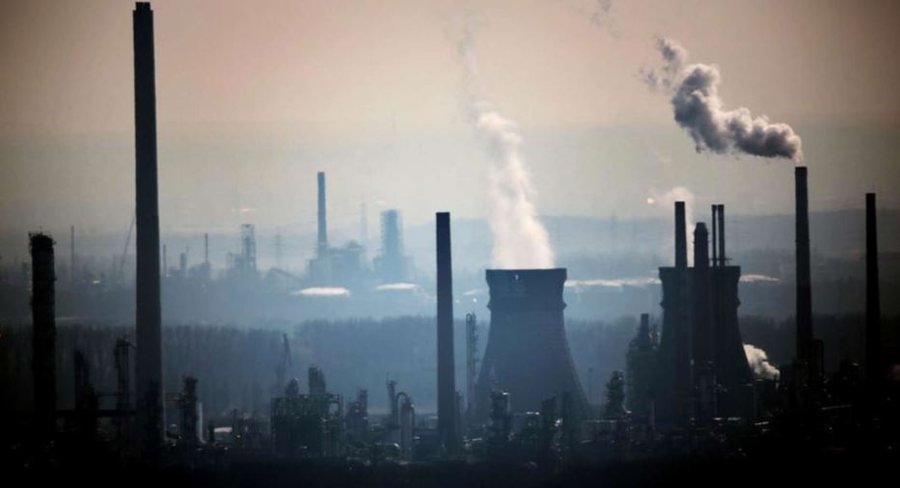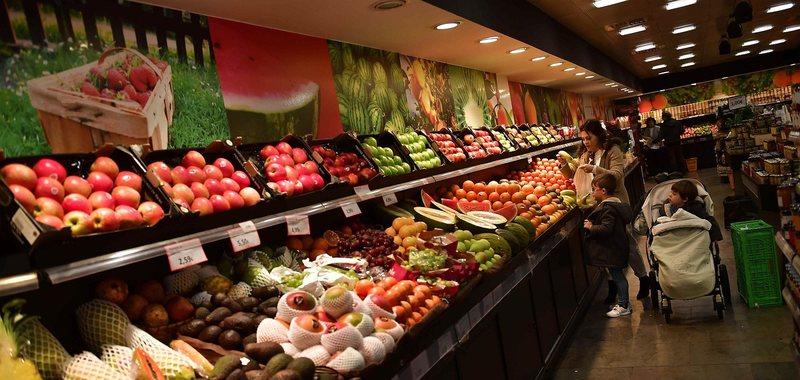Natural disasters "flood" the economy - Damages could reach $145 billion in 2025

According to a new analysis from the Swiss Re Institute, global natural catastrophe insurance losses could reach $145 billion this year, largely driven by "secondary perils" such as floods, fires and severe storms.
This follows a long-term annual growth trend of five to seven percent, the institute said. The report said "primary hazards" such as earthquakes and hurricanes pose the greatest risks, potentially pushing insurance claims to more than $300 billion in a year when the events peak.
"The year 2025 began with wildfires in Los Angeles, causing an estimated $40 billion in insurance losses. While these secondary peril losses are significant, primary perils remain the biggest threat: when a major hurricane or strong earthquake hits a densely populated urban area, insurance losses that year can be more than double the long-term loss trend," the Swiss Re Institute said in a press release.
The last peak year was 2017, driven by hurricanes Irma, Harvey and Maria. The institute said peak years, caused by a few "primary hazard events" or an accumulation of them and "secondary hazard events," should not be viewed as an anomaly.
Since 2017, fundamental risks have steadily increased, along with population growth, economic expansion, and urban sprawl, including in places vulnerable to natural disasters.
"Our latest analysis of over 200 internal models and the trend of losses over the past 30 years show what is at stake. When a severe hurricane or a major earthquake hits an urban area in a country with many insured buildings, insurance losses can easily reach $300 billion in that year," said Swiss Re official sources.
The institute's estimates have found that some hurricanes from the early 20th century would result in losses of more than $100 billion if they struck today. Hurricane Andrew, for example, caused $35 billion in damages to insureds in 1992. Today, a hurricane on the same path would result in almost three times the losses due to economic and population growth, as well as urban sprawl.
Although the severity of claims has increased globally, the United States accounted for almost 80 percent of the world's insurance losses last year due to its vulnerability to severe hurricanes, earthquakes, fires, storms and floods.
There are many factors that affect insurance rates, including inflation and local regulations. But in the long run, the main factor in determining the cost of rates and claims is exposure to natural hazards.

Sectoral Portal for Exports - Investment Council Requirements: Strategy against the Informal Economy
The Investment Council, a body established to improve the business climate with the aim of increasing investments in the country, has recently published its......

Albanian handicrafts from tradition to modernity - From the qelesh to filigree. Gonxhja: We have one of the treasures of heritage
Albanian handicrafts from tradition to modernity were reflected in Zanart, the fair where authentic Albanian products were demonstrated. The Minister of......

Trump "defends" the decisions of the first 100 days - Americans, worried by tariff tensions and recession
US President Donald Trump touted what he described as a series of major economic victories and lashed out at Democrats, including former President Joe Biden,......

400 kV line with North Macedonia - Tender opens for Macedonian segment, increase in cross-border transmission capacity
The Macedonian Transmission System Operator, MEPSO, has announced the international tender for the construction of the Ohrid-Bitola power line, part of the......

More citizens are insuring their lives - AFSA: In the first quarter of 2025, signed contracts increased by 31%
The insurance market experienced growth in the first quarter of 2025, both in terms of the volume of collections and the number of insurance......

Tropical fruits came in more and cheaper! - The average price for the first 3 months of 2025 was 81.4 lek/kg
During the first three months of 2025, around 8,100 tons of tropical fruits were imported into Albania. The majority of these products came from Latin......

12-month bonds “rebound” - Weighted average yield reached 2.78% in the last auction
The interest rate on 12-month treasury bills has recorded another increase. In the last auction, the weighted average yield reached 2.78%. Interest for this......

Meta introduces new AI assistant - Company challenges rivals with innovative new tools
Facebook's parent company, Meta, has unveiled its next steps in the field of artificial intelligence. CEO Mark Zuckerberg appeared on stage during the......


















